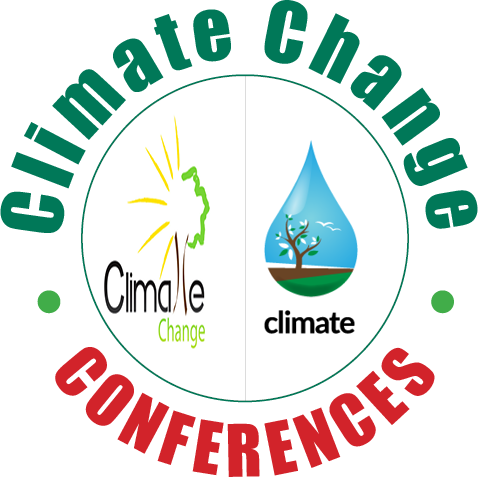
Fabio Pistella
Italian National Research Council (CNR), Rome, Italy
Title: CHIC, a fact checking tool in climate change: from ideological conflict back to scientific confrontation
Biography
Biography: Fabio Pistella
Abstract
The investigation on the impact of human activities on climate change has seen a drift of methodology in natural sciences. The Galileian mix of experiments, interpretation and theory, strengthened by the Popperianfalsificationism, has been overcome by tools typical of socio-economic sciences, invading fields of “hard sciences” such as physics, chemistry, natural sciences. Examples are: correlation of time trends of variables replacing physical laws; relying on ill-defined quantities such as “average planet temperature”; modelling multifactorial phenomena through single variable representation (carbon dioxide concentration in the atmosphere); use of models outside their range of verified reliability; a polling type justification violating Einstein’s statement that science is not democratic. The picture resembles Feyerabend’s epistemological anarchy (intellectual provocation, source of relativism, rejected by contemporary epistemology).
The prediction of climate change and its consequences is a very complex field demanding recognition and understanding of each one of its numerous subsystems. To contribute to this task (widely disregarded in favor of synthetic macroscopic representation) CHIC (Catalogue of Hot Issues on Climate) was launched, an initiative aiming at assessing all phenomena judged relevant in climate prediction (Figure 1; Pistella et al., 2016). Several decisive phenomena (such as dynamics of carbon and methane in soil-air interface) are poorly known. A second field of assessment are mutual interactions among subsystems. The third area is to reach consensus on how important parameters of our planet - such as sea level or frequency and intensity of meteorological extreme natural effects - might evolve in the future. The final target is to quantify the effects of feasible remediation actions (including forest expansions and soil “maintenance”) different from reduction of anthropogenic emissions of carbon dioxide currently presented as the only way.
CHIC is a digital platform available to everybody willing to implement it as a ground for confrontation of opinions, identification of points of dissent, quantifications of uncertainty levels, sensitivity analysis. Evidence is growing that Paris Agreements - judged insufficient by many - are becoming less and less likely to be enforced. CHIC is meant to contribute to the joint effort necessary to acquire wider consensus in the analysis and more feasible proposals on what should be done.

